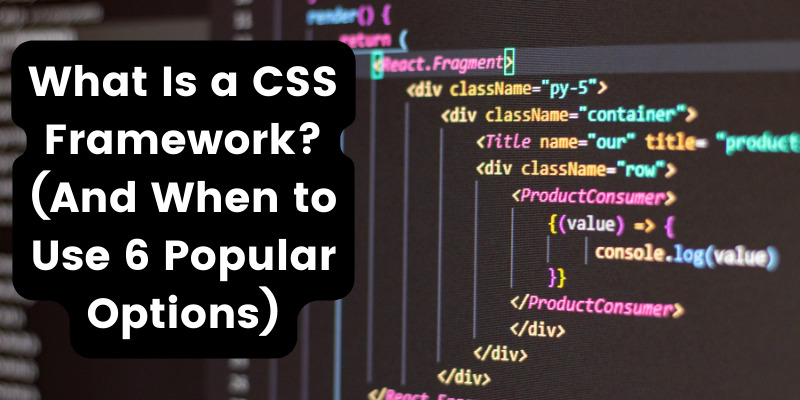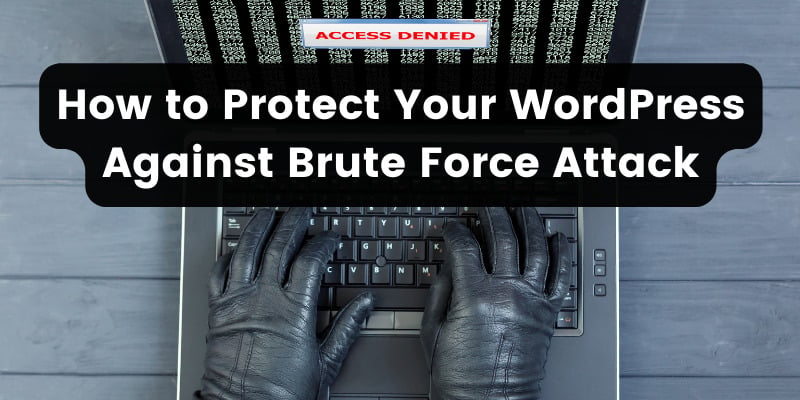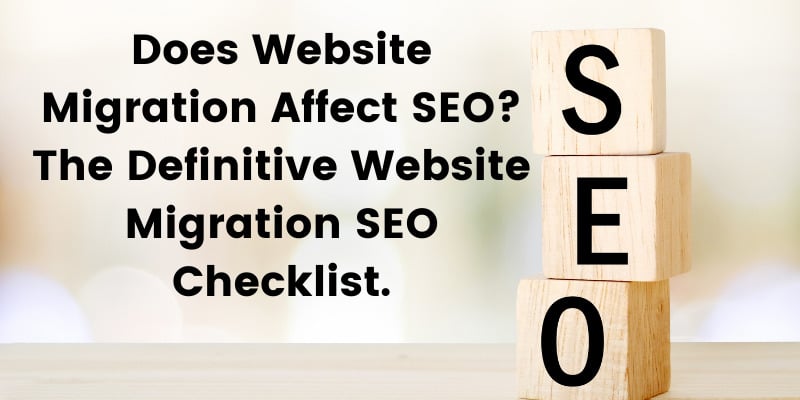- Jun 25, 2020
 0
0- by A2 Support Team
Choosing the right hosting plan is a big decision, and is one that will impact your website’s success. However, determining whether or not dedicated hosting is right for you carries extra weight, as it’s a significant financial commitment.
Even so, there are several reasons why investing in dedicated hosting could be worth it for you. Improved performance and security, as well as the ability to customize your setup and handle more traffic, may sway your decision.
In this post, we’ll provide an overview of dedicated hosting. Then we’ll discuss four reasons you might want to invest in it. Let’s jump in!
An Introduction to Dedicated Hosting
‘Dedicated hosting’ simply means that you run your own server. Rather than sharing a computer with other sites, your online content is completely isolated.
Naturally, this means dedicated hosting is more expensive than shared or Virtual Private Server (VPS) hosting. You’re getting a lot more space and resources than you would if you were splitting them with others.
However, pricing also depends on the type of dedicated hosting you choose. Unmanaged servers – which require you to configure and maintain them yourself – are significantly cheaper because they require less work for your provider.
Managed dedicated hosting is more similar to what you may be used to with a shared or VPS plan. Your provider will take care of maintaining your server and may offer varying levels of support for configuration, software updates, etc.
At A2 Hosting, we strive to make all our dedicated hosting plans as affordable as possible. Our unmanaged servers start at less than $100 per month, and you can purchase a fully managed plan for under $150 per month.
4 Reasons You Might Want to Invest in Dedicated Hosting
Although dedicated hosting can require a fairly hefty investment, there are many situations in which it’s worth a larger share of your budget. Here are four top reasons to consider upgrading to your own server.
1. You Need More Resources to Accommodate a Large Site and Traffic Volume
The most common reason people opt for dedicated hosting is that they have expansive, high-traffic sites. On a shared server, you have limited resources for storing large amounts of content and data, as well as for handling large volumes of visitors.
If your hosting solution doesn’t provide adequate resources, you can encounter a variety of problems. You may simply run out of space when building out your site. Huge influxes of traffic could crash your server, resulting in downtime for your site as well as the sites that share your computer.
Therefore, it’s vital to scale up your hosting plan as your site and its following grow. For most, traffic will be the determining factor over the size of your website.
There’s not a set number of monthly visitors at which you need to switch to a dedicated server, so there’s some amount of guesswork involved. However, there are some warning signs that may indicate your site is nearing maximum capacity, such as a decrease in performance.
2. A Dedicated Server May Improve Page Speed and Uptime
Just as a lack of resources may prevent you from accommodating more visitors or adding to your site, it can also slow loading times. After all, a shared server returning responses for a large number of sites is usually under more strain than a dedicated server hosting one or a few sites.
Of course, you should still optimize your site for performance using image compression, browser caching, lazy loading, deferred JavaScript, and other best practices. However, if you’re following all those guidelines and still can’t achieve your site speed goals, dedicated hosting may be the missing piece of the puzzle.
3. Your Site Requires Tighter Security for Sensitive Data
Shared hosting can be secure. However, the more sites there are stored on a server, the most potential entry points there are for hackers. If another site on your server is breached, attackers could gain access to your data, too.
This problem is compounded because you have no control over how other people using your shared server manage their sites. Even if you follow website security best practices and use a quality host, there may still be vulnerabilities on other sites.
With dedicated hosting, you can lock down your data more effectively. Between the security measures you take for your site and those implemented by your host to protect your server, you can feel more confident that your website is safe.
4. It Lets You Customize Your Server Configuration
Finally, a dedicated server offers you more options when it comes to its configuration. For the majority of site owners, the two most important factors this encompasses are:
- Server location. Ideally, you want your server to be physically located near your primary audience. This can improve loading times for these users.
- Operating System (OS). Most users do just fine on a Linux server, the default for most hosts. However, there are some cases where you may want to use a Windows server instead. Dedicated hosting enables you to choose.
If you’re interested in development, choosing an unmanaged dedicated server will give you even more options for custom configuration to meet your needs.
Conclusion
Dedicated hosting is a serious commitment in terms of finances, and in some cases, time. Moving your site to its own server when you don’t have to would result in an unnecessary hit to your budget.
However, there are four key reasons that you may want to invest in dedicated hosting:
- You need more resources to accommodate a large site and traffic volume.
- Your site requires more security for sensitive data.
- A dedicated server may improve page speed and uptime.
- It allows you to customize your server configuration.
Image credit: Unsplash.










